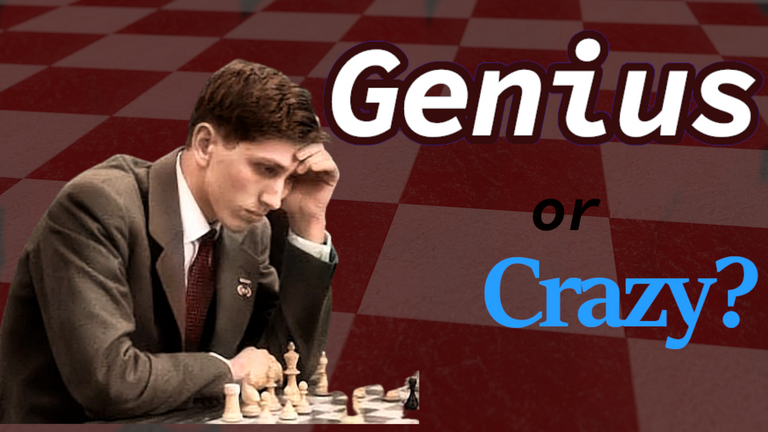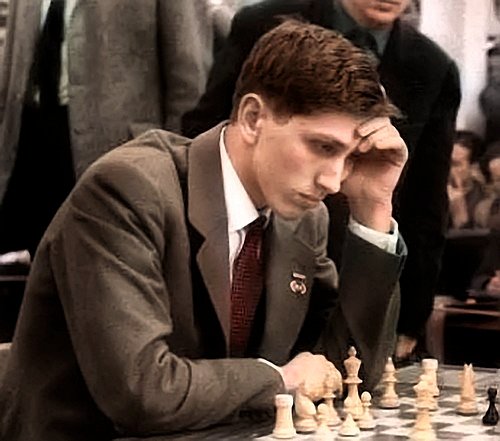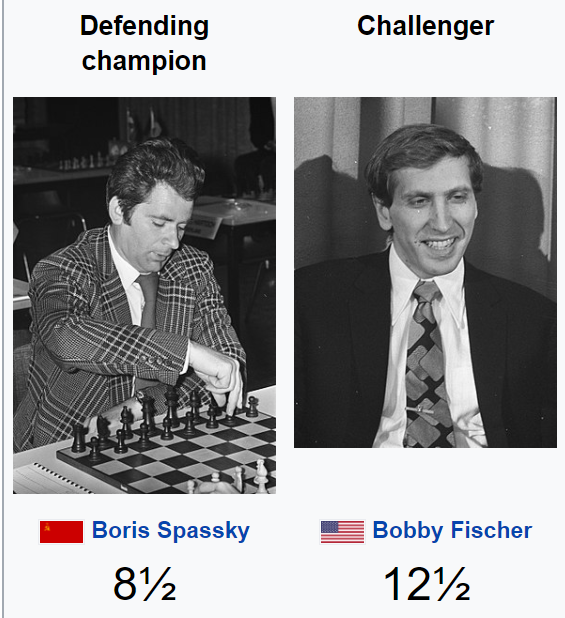
The cover image was designed by me @vjap55 using the GIMP program and two free images which you will find here and here

We all have that idol that awakens our emotion, motivation, euphoria, whatever you want to call it, that is, that player who for one reason or another has managed to stand out above the rest due to his high technical level, achievements, charisma, etc. Certainly in the world of sports there is a long list of "heroes" who have built a legacy formed by the respect and high esteem of their fans.
So talking about your favorite player is typically one of the most casual conversations any sports lover will ever have. In most cases these "discussions" are based on the subjective opinion of the fan. Statements like "This player is/was better than this player because of this and that" lead to an endless battle of arguments with different points of view.
However, there is no valid argument for discussion when it comes to the milestones achieved by sports stars. That's right, those feats that set a "before and after" not only in the history of sports but also of humankind as we know it and that turned those "players" into legends.
Well, I wanted to dedicate this post to Robert James Fischer better known as Bobby Fischer. Just to clarify, I do not intend to talk about the complete biography of this chess player as there are lots and lots of information on the internet about this superstar. In this post I will talk about the connection between the genius and eccentricism that Fischer had and how this "rock star" attitude affected the course of events during the cold war.
To give you some context, I will address a series of very specific topics that will help you to get a clearer idea of Bobby.
Fischer in a few words
Fischer, was one of the best chess players in history. He made great contributions to chess theory so that is why many variations have his name. From a very young age he was very interested in the game and showed an incredible talent, in fact he was known as "the prodigy boy from Brooklyn". In addition to being a genius on the board he was also good with languages. He was fluent in 5 or 6 languages. Bobby liked field hockey and one of his favorite teams was the New York Rangers.
His passion for chess became an obsession and his mother decided to take him to a psychiatrist but the specialist did not say anything bad about it. From then on, everything in Bobby's life would be the 64 squares. As for school he was not so good, he said that classes bored him and that he was wasting his time. He preferred to stay at home to play chess. At the age of 14 he became the champion of the United States.
The cold war and Bobby
In 1972 the cold war between the USA and the Soviet Union was quite intense. In the midst of all this chaos Fischer and Boris Spassky would have the world championship match in Reykjavik-Iceland which stoped the whole city for 14 weeks. Beyond the chess games, this match was the living war between the USA and the USSR.
Fischer was the hero of the USA because he managed to defeat the current world champion and not only that, he put an end to the long reign of the Soviet Union in the sport of science. Remembering this story fills me with great emotion. A perfect illustration of these events can be found in the movie "Pawn Sacrifice" starring Tobey Maguire. Similarly, in the Netflix series "The Queen's Gambit" many references were taken from the American player.
The genius vs the madness
To get to the top of the sport you must make many sacrifices. Hard work is part of the possible success. However, talent plays a fundamental role, I can actually tell you that both talent and hard training are necessary. You can hardly reach the top without having one of these two elements.
Bobby clearly had an impressive talent for chess, you could even say that he was born for it, but it was not only thanks to that talent that he managed to reach the Olympus of this sport. Fischer dedicated his life to chess training. He cared very little about other things, he was like a calculating machine with no social life, all day long looking at his chessboard in search of the best moves. This of course prevented him from interacting with other people in a normal way.
The question is, is it really necessary to sell your soul like that?
Well, nowadays with a halfway decent training plan and a few hours a day of practice maybe you can be one of the best players in your neighborhood but when we talk about the world scale well, you know what I mean....
Just like in the history of music we can find figures that were icons but also had some not so "normal" things. For example, Mozart was one of the most profilific pianists but he was also very eccentric.
But why?
Why would someone who is so good at something have eccentric qualities?
Why are geniuses so close to madness?
Well, this has been a question that has intrigued many people for a long time. Perhaps the most accurate explanation is related to psychology.
Creativity, passion, curiosity, perseverance, discipline are some of the qualities that a genius has. A very pronounced creativity begins to show signs of eccentricism because eccentrics jump limits that others would not dare. It makes sense, a "normal" person does not have the opportunity to be creative as they are used to doing things to the letter, there is no innovation, everything is as it is supposed to be.
In relation to the previous paragraph, someone with different ideas is seen as a strange, but this is where a genius grows up. As I commented above, Fischer was a player totally out of the box. At that time the conditions in the playing halls did not compare with those of today and we owe all these changes to the prodigy of Brooklyn. At that time chess was very unpopular and therefore the tournaments did not have enough facilities for the athletes. It was Fischer who introduced the concept of an air-conditioned room, also proposed the increase in the clock per move made, longer breaks between rounds of play and even created the chess960 mode which is an interesting variation of chess in which the initial position is drawn between 960 available options. You can read more about this in the @chessbrotherspro post
Thanks to Fischer's "madness" chess advanced a lot, it could be said that without these contributions chess would still be as it was more than a century ago.
In my humble opinion I think that these people cannot be normal simply because they are focused on much more important things. These sport legends dedicate their maximum effort to a certain goal, this is their world, their reality, their everything. They don't have time for normal things like friends, dating, they have come to this world to create history and to be remembered for their achievements.
Thanks for reading I really appreciate!
Let me in the comments which player from another sport was eccentric? Tell me a player who is recognized to this day for his great contributions to the sport?




